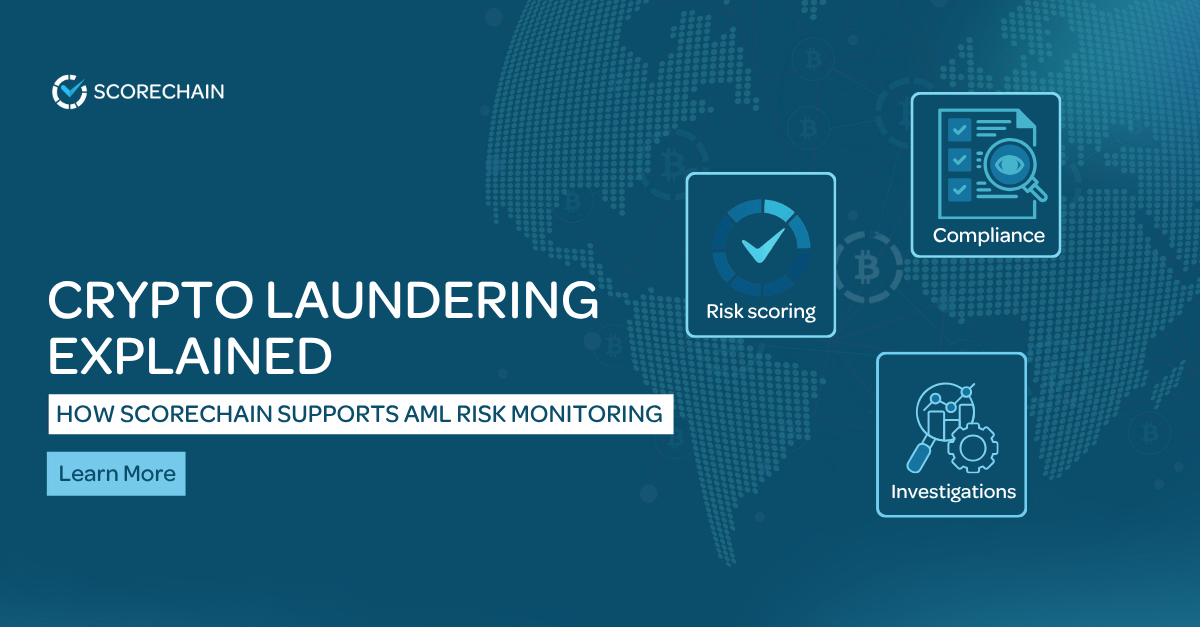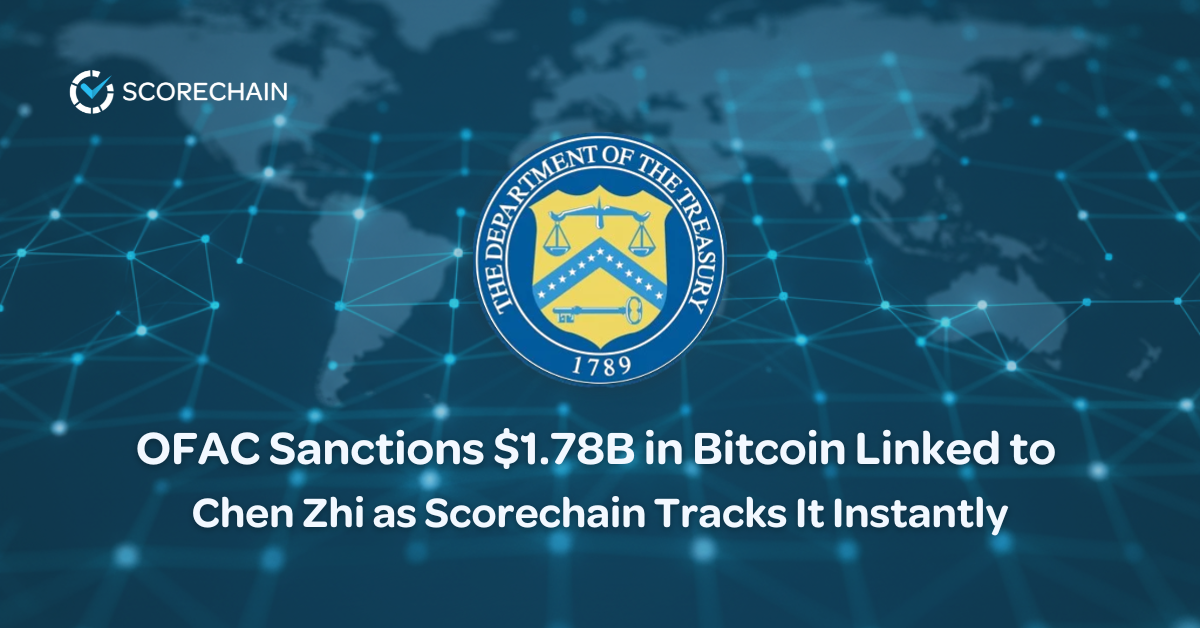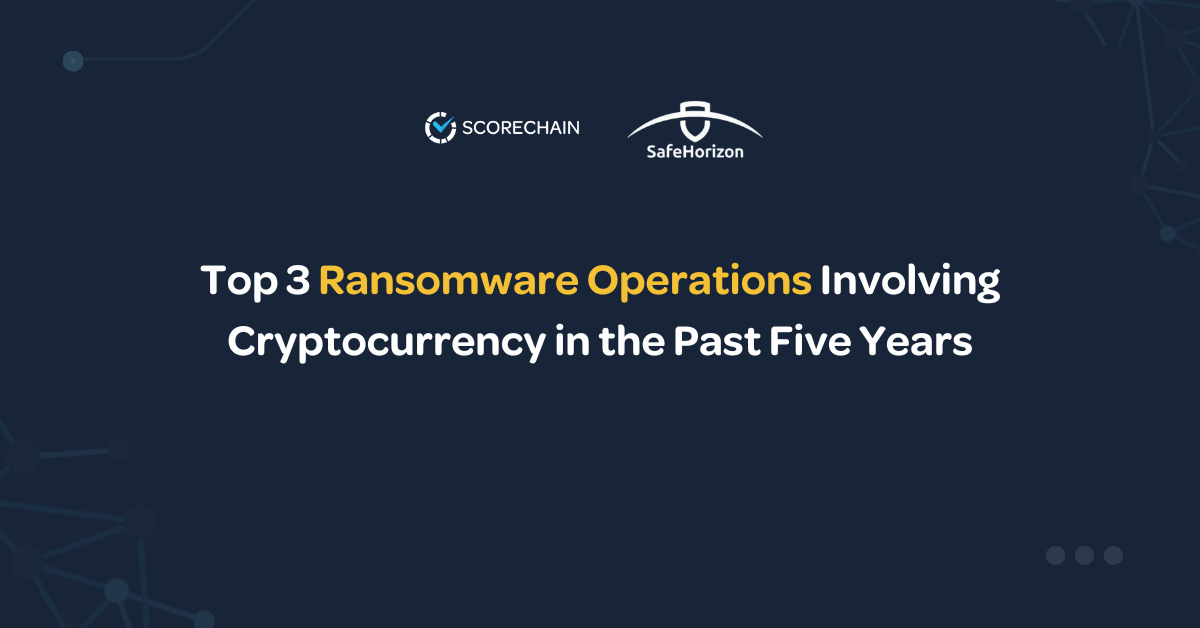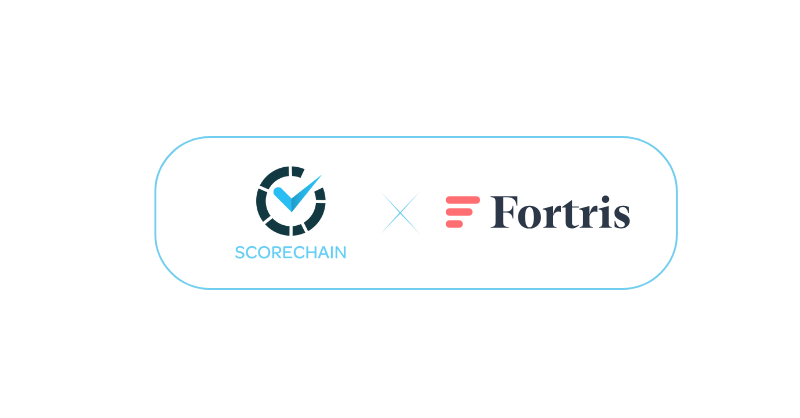Key takeaways:
- Bitcoin and cryptocurrency prices have increased lately and remain bullish.
- Institutional players are moving to the crypto sphere recently.
- Several reasons from regulation to industry can explain this trend.
In the past months, Bitcoin and Ether prices significantly increased: Bitcoin reached its all-time high value at $61,683.86 on March 13, 20211, and Ether rose to record highs at $2,036.29 on Feb 20, 20212.
At the same time, more and more institutional players have shown their interest in crypto assets and started to invest in them. According to Grayscale’s Digital Asset Investment Report for Q4 2020, 93% of its investments came from institutions3 while in Q4 2019 it accounted for 71%4. In Q4 2020, Grayscale’s average weekly investment in Bitcoin trust reached $217.1 million. Besides, Coinbase’s report “2020 in Review” revealed that “a growing number [of institutional customer] also took positions in Ethereum” in 20205.
Some say that this institutional interest in cryptocurrencies is one of the reasons that could explain the recent price increase of Bitcoin or Ether.
Who are the institutional investors moving to crypto?
Lately, there has been a lot of news about institutional investors and how they were buying cryptos. Here are a few examples of them:
- Microstrategy: The business intelligence company states on its website that it believes Bitcoin can be a “dependable store of value”. In March, Microstrategy bought 205 BTC, and then 262 BTC. The company currently owns “approximately 91,326 bitcoins”.
- Tesla: In January 2021, the electric car manufacturer updated its investment policy and says it holds “$1.50 billion in bitcoin” in a document filed with the SEC. On March 24, Elon Musk, Tesla’s CEO announced on Twitter that the company now accepts Bitcoin payments.
- Square Inc.: The US financial services company announced it had purchased 4,709 BTC in Oct 2020 and another 3,318 BTC in Feb 2021 which accounted for about 5% of the company’s total assets.
- Meitu: The Chinese tech company announced on March 5, it had bought 15,000 ETH and 379.1214267 BTC. Just a few days later, on March 17, the company announced an additional investment of 16,000 ETH and 386.08581655 BTC. The company’s investments account for around $90 million worth of cryptos. The Chinese company chose Coinbase Institutional to custody the funds.
Apart from buying cryptocurrencies, major financial institutions recently started to offer crypto-related services. For example, BNY Mellon, the US oldest bank, said it will be offering crypto custody and transfer services for its customers. Another bank, JPMorgan intends to launch a “Basket of Companies with Exposure to Cryptocurrency” according to a SEC filing from early March 2021. Others also made a move towards crypto. For example, Paypal offers crypto buying and selling services6 and will start offering crypto payment services7 to US Customers while Mastercard plans to start supporting cryptocurrencies this year8. Visa, the US financial services company also announced on March 29, 2021, the company’s first settlement transaction is USDC, a stablecoin backed by the US Dollar.
Why this sudden interest from institutional investors?
This trend could be explained, amongst other factors, by the fact that there is an increasing number of governments worldwide that have or are implementing a legal framework for cryptocurrencies. This was not the case a few years ago. Greater regulatory clarity around cryptocurrencies can reassure traditional companies to start investing in them.
Meanwhile, Bitcoin and other cryptocurrencies are more and more popular and used, which means that there is a larger customer need for crypto services. "Growing client demand for digital assets” is one of the reasons that led BNY Mellon to offer digital asset services in the first place. This also prompts other traditional financial companies to start offering crypto-related services such as PayPal, Mastercard, etc... Besides, BTC is also popular amongst some companies’ founders for example Elon Musk (Tesla) or Micheal Saylor (Microstrategy) believe in the cryptocurrency and started investing in it via their companies.
Moreover, Bitcoin and cryptocurrencies can be a way for institutions to diversify investments. Indeed, Bitcoin is not correlated with other assets and allows institutions to diversify their investments that are mainly composed of highly correlated assets. In addition, BTC and cryptos are very secure, borderless, and can create new opportunities that don’t exist in the traditional finance industry.
On the other hand, this greater crypto adoption from institutions also implies that new players must comply with existing AML/CTF requirements concerning cryptocurrencies.
Scorechain can help institutions that are dealing with cryptocurrencies to be compliant, for example, financial institutions that need to onboard crypto accounts, or provide crypto trading and/or custody, etc. Learn more about the solution and how it can help you in your compliance journey. Contact us for a free demo: contact@scorechain.com
About Scorechain
Scorechain is a Risk-AML software provider for cryptocurrencies and digital assets. As a European leader in crypto compliance since 2015, the Luxembourgish company serves worldwide customers in 33 different countries with more than 150 licenses established, ranging from cryptocurrency businesses to financial institutions with crypto trading, custody branch, digital assets customers onboarding, audit and law firms and some LEAs.
Scorechain solution supports Bitcoin analytics with Lightning Network, Ethereum analytics with all ERC20 tokens and stablecoins, Litecoin, Bitcoin Cash, Dash, XRP Ledger and Tezos. The software is able to de-anonymize the Blockchain data and connect with sanction lists in order to provide a risk scoring on digital assets transactions, addresses and entities. The risk assessment methodology applied by Scorechain has been verified and can be fully customizable to fit all jurisdictions. 300+ risk-AML scenarios are provided to its customers with a wide range of risk indicators so businesses under the scope of the crypto regulation can report suspicious activity to authorities with enhanced due diligence.
- https://coinmarketcap.com/currencies/bitcoin/
- https://coinmarketcap.com/currencies/ethereum/
- https://grayscale.co/insights/grayscale-q4-2020-digital-asset-investment-report/
- https://grayscale.co/insights/grayscale-q4-2019-digital-asset-investment-report/
- https://primebroker.coinbase.com/2020-in-review
- https://newsroom.paypal-corp.com/2020-10-21-PayPal-Launches-New-Service-Enabling-Users-to-Buy-Hold-and-Sell-Cryptocurrency
- https://www.reuters.com/article/us-crypto-currency-paypal-exclusive-idUSKBN2BM10N
- https://www.mastercard.com/news/perspectives/2021/why-mastercard-is-bringing-crypto-onto-our-network/
.png)



















